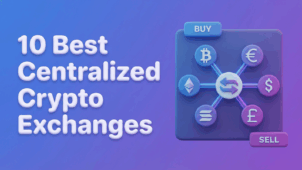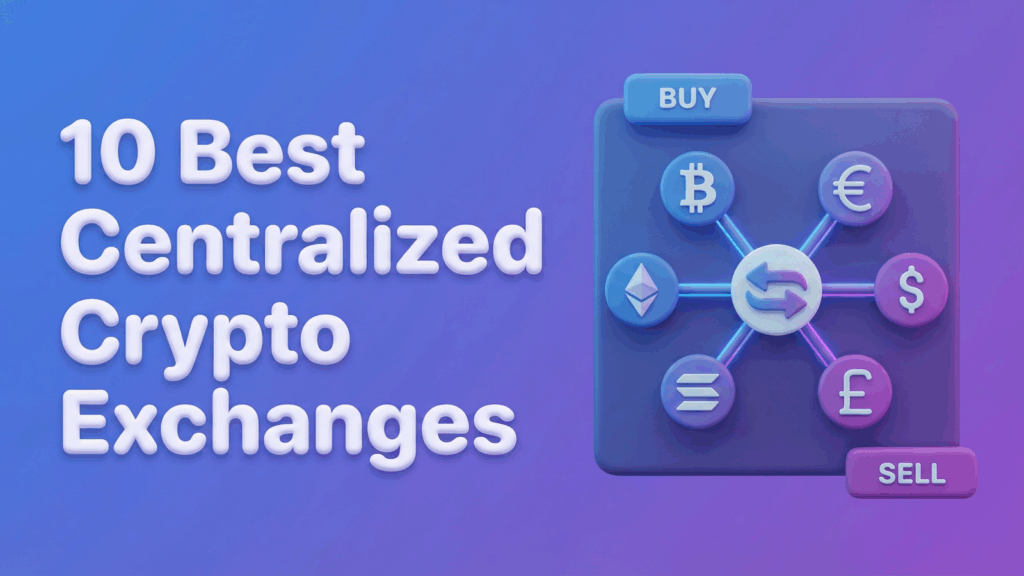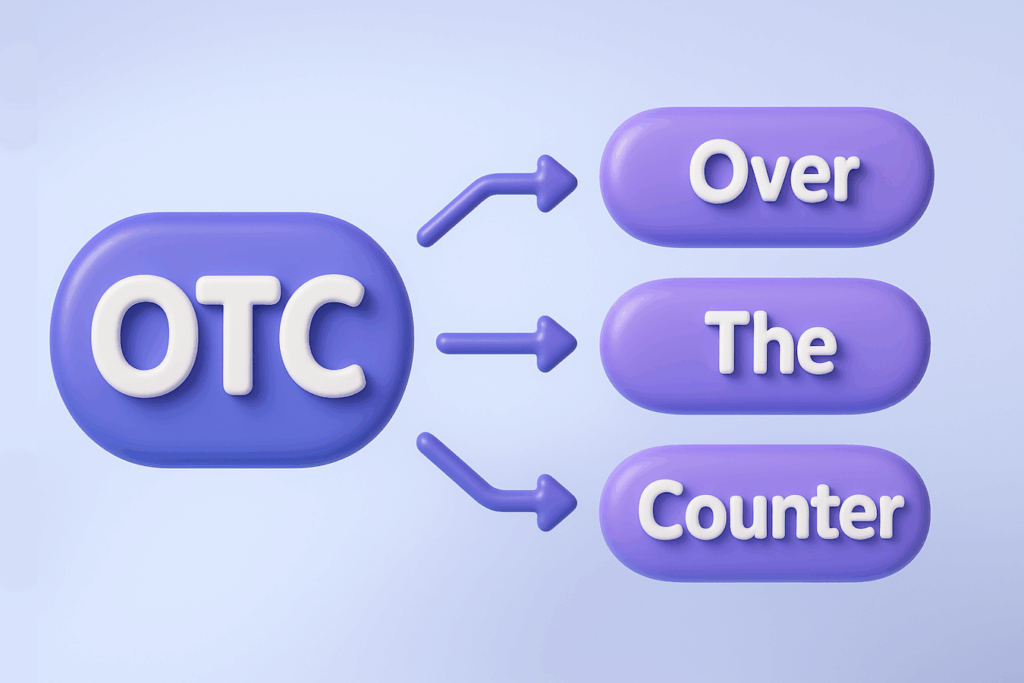share
The sector of decentralized finances is skyrocketing. In our article, you will learn about DeFi smart contracts, their use, development opportunities, as well as about advantages and disadvantages of this instrument. Why do smart contracts in DeFi spread so rapidly and play a crucial role within the blockchain? Boost your knowledge with ICODA.

What Is DeFi?
DeFi (Decentralized Finance) consists of financial instruments, services, and applications created on the blockchain. A decentralized finance ecosystem was originally devised as an alternative that substitutes the standard technologies of the existing financial system in banking with open-source protocols, also known as decentralized finance protocols.
DeFi is promptly improving, and it provides investors with an opportunity to gain access to decentralized lending and contemporary platforms. It also lets investors receive passive earnings from cryptocurrency assets through decentralized finance applications.

Decentralized Finance Ecosystem
Launched at the end of 2017, the MakerDAO platform was a pioneer among the DeFi applications that have gained wide popularity. Since then, the total amount of finance placed in DeFi protocols (TVL, Total Value Locked) has been continually increasing.
Considering the statistics, TVL in May 2019 was $500 million. In May 2020, it made up already $950 million — and in November 2021, it reached a record amount of $236 billion.
Most of the existing DeFi protocols are developed on the Ethereum blockchain, but some of the new-fashioned applications are steadily trending upwards. While this financial sector grows, the need for decentralized applications (DApps) within it also rises, which requires smart contracts that perform complex tasks. Such a need has led to the increasing popularity of DeFi smart contract development.
What Is a Smart Contract In DeFi?
The term “smart contracts” belongs to computer scientist Nick Szabo. He came up with this concept back in 1994; moreover, he invented a virtual currency called “Bit Gold” in 1998. The American scientist believed that the development of smart contracts using digital security mechanisms could significantly improve traditional legal contracts.
Szabo used vending machines that made coffee or sold chips and candy bars as a sample of a smart contract. The “contract” buyers put their money into the machine, which would mechanically comply with the terms of the agreement and arrange the purchase.
As for a definition, a smart contract in DeFi is a segment of code that can be executed automatically. The DeFi smart contract code is typically held and used by the blockchain to increase its reliability and protection. It can independently receive, store, and transmit funds; moreover, it calls other smart contracts when needed. It follows if-then semantics to simplify its programming and acts as a component that allows the DeFi protocols to work efficiently. All of the DeFi, DApps, and protocols need properly coded smart contracts.
Smart contracts were initially invented to eliminate human intervention in decision-making since inevitable human errors are the most frequent sources of damage or instability in traditional contracts. Today, smart contracts acquire the functionalities of decentralized finance protocols, which boosts their efficiency.
Which Decentralized Finance Services Use Smart Contracts?
The prevalent blockchain operating with DeFi smart contracts is Ethereum. On Ethereum, smart contracts are typically composed in a programming language named Solidity.
According to State of the dApps, almost 80% of DeFi applications run on Ethereum’s network. Solana, the fastest crypto currently operating on the block, also supports smart contracts. These two major players are followed by Polkadot, Ergo, Cardano, and Algorand.
Smart DeFi
We can divide the DeFi services into different categories, and these are DEX & DApps – decentralized exchanges and applications. If you want to exchange coins and currency safely, without any interruptions and checks by humans, it’s better to use DEXes. But you have to be careful with decentralized networks because there is no way to return or reclaim your money back from a failed transaction.
How to avoid money leaks:
- Check the transaction details and network.
- Check the deposit or withdrawal address carefully.
- Be sure to remember your secret key, which usually consists of 12 or 24 words, and your password.

The Importance of Building Smart Contracts
Besides the fact that DeFi smart contracts change the rules of the game, they are also the building blocks for the blockchain that eliminate the central authority and provide greater security. Speaking of DApps, the use of smart contracts instead of conventional requests makes apps decentralized, which serves their core purpose.
The smart contracts are stored on a blockchain platform, and they can hold funds within themselves, which is simply impossible to achieve in the traditional world. When completing a smart contract, the parties prescribe the terms of the financial transactions, set sanctions for non-fulfillment, and place their digital signatures.
Unassisted, the smart contract determines whether the conditions are met and decides if the financial transactions should be completed. Thanks to DeFi smart contract development, it can impose a fine on participants or even close access to assets if the terms of the agreement are invalid.

What Is DeFi Development?
DeFi development involves implementing access to major operations such as storing, sharing, and trading of assets, as well as investment and risk management. It is also known as Open Finance. DeFi development is the most significant influencer in the current system of finances and banking. DeFi development answers the questions of how to build a smart contract and who is a DeFi developer.
Who Is a DeFi Smart Contract Developer?
DeFi smart contract developers create the contracts as code for operating in a blockchain, which is maintained and managed by a network of computers.

It’s vital to have a fundamental understanding of crypto and its functions for efficient work in the sphere of cryptocurrencies and other digital assets. Moreover, DeFi smart contract developers must obtain fundamental knowledge of computer programming and specific programming languages, such as Solidity or Rust. Solidity, initially designed for the creation of smart contracts, is an object-oriented and statically-typed programming language.
ICODA developers have all the necessary experience needed to develop DeFi smart contracts for our customers.
Advantages of Using Smart Contracts
Speed
Heavily depending on the intermediary, users may have to wait up to several days or weeks to transfer the token. For instance, if two parties want to exchange tokens on Sunday, the intermediary does not operate — but with smart contract development services, such problems disappear, and the contract can be executed a few seconds after the initial criteria are met. In such a case, the tokens will be swapped almost immediately.
Cost
Standard contracts are not only expensive but also involve a huge risk of hidden costs for arbitration and enforcement. There were problems with the possibility of reusing the contract; now, however, the same smart contract that is responsible for the swap of tokens between two exact users could be used by anyone. In the traditional case, they would all have to sign separate contracts and pay the appropriate commission to the intermediary.
Reliability
Fraudulent activities are yet another hidden cost. The intermediary must make sure that the tokens are legitimate before initializing the exchange. Fraud is very common in traditional finance, but with smart contract development services, tokens can be verified on the blockchain using digital signatures. Therefore, it becomes clear whether users have the right to spend their tokens.
Safety
Hacking smart contracts are hardly possible. When smart contracts are made by experienced programmers, they offer decentralization of the highest reliability. Some experts say that popular DeFi smart contracts are by far the most reliable storage of documents in the digital world.

Drawbacks of Smart Contracts
Unreliable External Data
Financial experts state that for the full appropriate use of smart contracts, you will require “Oracles.” These are the services connecting the decentralized network (blockchain) with the real world. The execution of a smart contract is tied to external events, so if we receive incorrect or unreliable information about them, it negates all the advantages of the technology.
Software Bugs
The mechanisms in the blockchain that eliminate possible errors in the contract code remain unclear. If an error is detected after the conclusion of a smart contract, then because of the peculiarities of the distributed registry logic, significant difficulties with its correction arise — which can lead to financial losses and security breaches.
Unclear Regulation
There is no legal definition of a smart contract in legislation. They have an unclear legal status of them, and there are debates regarding the necessity to regulate blockchain-powered smart contracts with the law.
Complexity in Development
The encoding of smart contracts is complex. If a smart contract is incorrectly encoded, unintended loopholes can occur that could be exploited by attackers, leading to a violation of transaction security. The most recent attack was on January 28, 2022, on the balance-based Qubit data transfer protocol, which was used for stealing $80 million.

Summarizing Both the Pros and Cons of Defi Smart Contracts
Pros:
- Fully automated
- Deterministic results
- Trustless
- Fast
- Precise
- Secure
- Cost-efficient
- Highly immutable
- Transparent
Cons:
- Software bugs
- Unreliable external data
- Unclear regulation
- Complexity in the development process

Takeaway
DeFi Development is a crucial influencer in the financial system. At the beginning of March 2022, the total value locked (TVL) in DeFi protocols, according to Defi Llama, was $207.25 billion. The TVL in smart contracts is rising across the majority of decentralized finance platforms as capitalization increases. It has already exceeded unprecedented amounts at the beginning of 2021 and maintains an uptrend. It requires a fundamental understanding of the cryptocurrency sector and knowledge of programming languages. Our ICODA DeFi specialists obtain all the necessary information to provide you with immense opportunities.
Despite the fact that smart contracts bear some risks, we are at a very early stage so far. The most current issues are going to be solved when the DeFi develops.









